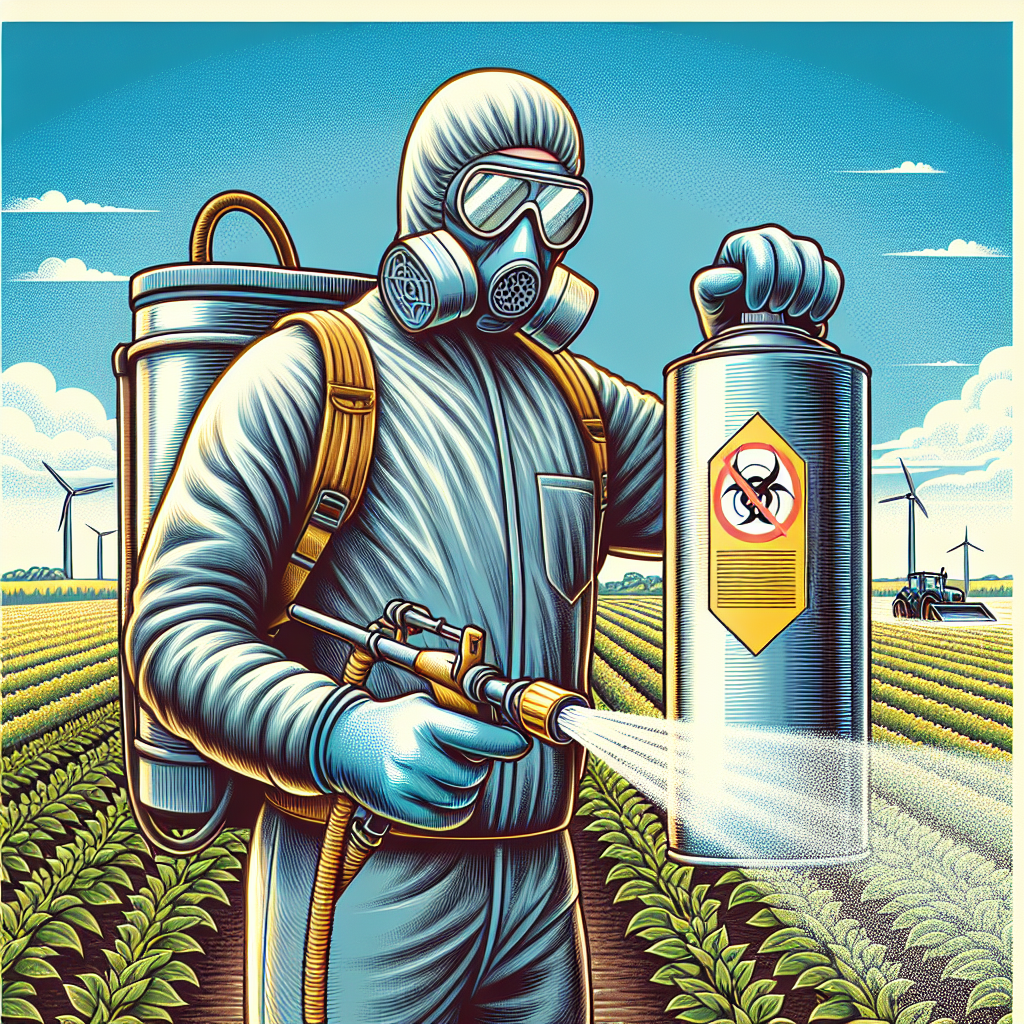Smuggled Solutions: Greece’s Farmers Turn to Illegal Pesticides Amid Mounting Costs
Facing rising costs and climate challenges, Greek farmers are relying on smuggled pesticides. These cheaper alternatives, hidden in unlabeled bottles, evade EU bans and pose health risks. As illegal pesticide use surges, authorities struggle to curb the trade, reflecting broader EU agricultural issues.

As pesticide costs soar in Greece, farmers in the Thessaly region have increasingly resorted to smuggled substances in unlabeled bottles, which despite EU bans, provide effective pest control. Laboratory tests confirm these products contain chemicals banned for their risks to humans and the environment.
This trend mirrors a broader EU challenge, where illegal pesticide usage has risen significantly. Public officials, law enforcement, and industry experts across Europe note an increase, as smuggling continues undetected. The European Commission emphasizes member states' roles in combating this issue, while promising faster approval processes for safer alternatives.
Greece faces unique challenges owing to past financial crises and climate disasters. With illegal pesticides costing significantly less than legal options, farmers are pressured into breaking laws for survival. Despite the threat to human health, authorities face difficulties in enforcement, as the black market for these substances becomes more organized and sophisticated.
(With inputs from agencies.)
ALSO READ
BSF Seizes Drones and Heroin in Major Anti-Smuggling Operations in Punjab
Kerala Police Crack Down on Nationwide Cyber Fraud and Drug Smuggling Rackets
Maharashtra Agriculture Minister Caught in Rummy Controversy
UK Launches World's First Sanctions Regime Against People-Smuggling Gangs
Delhi Police Busts Major International Cigarette Smuggling Racket










